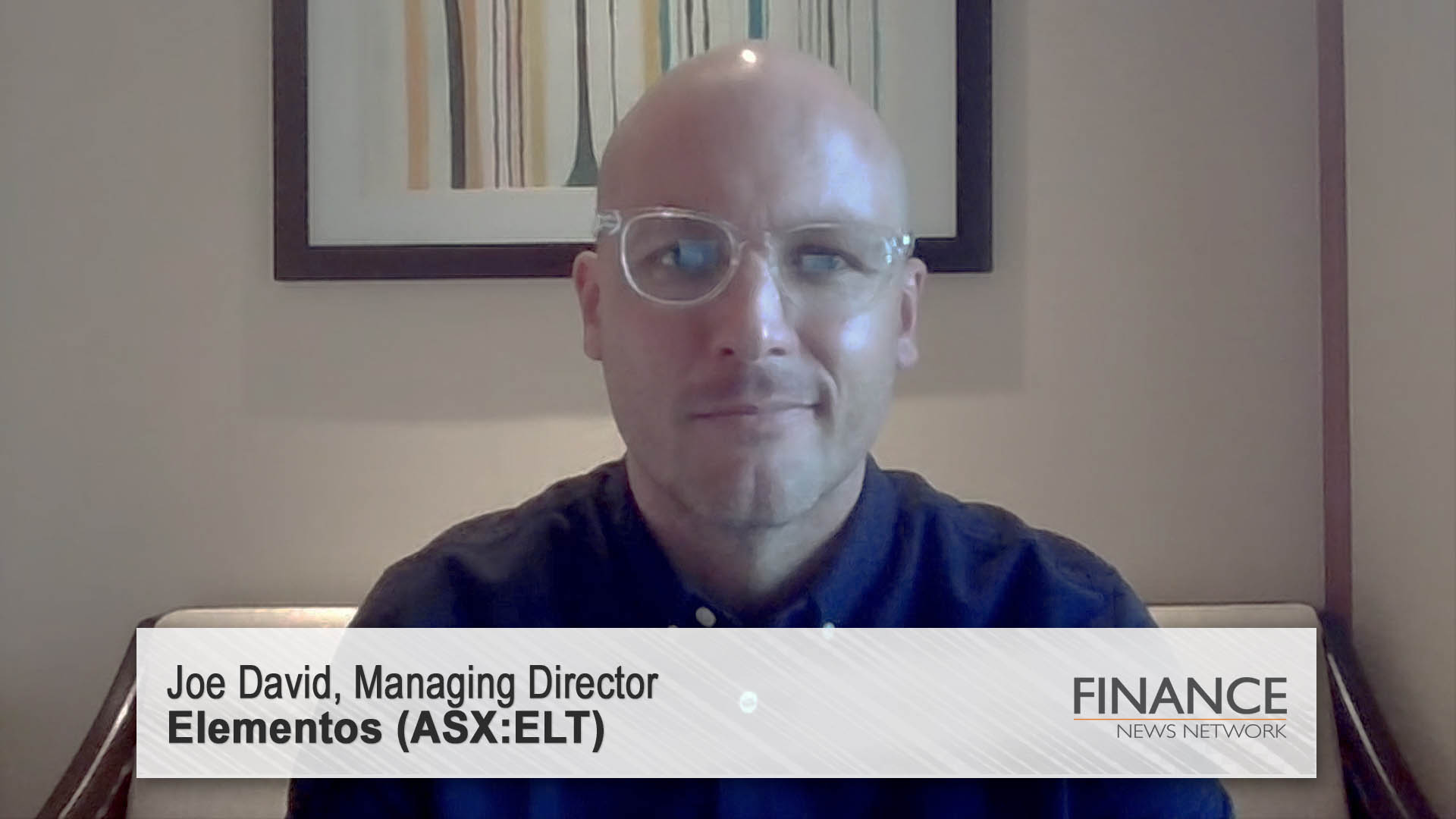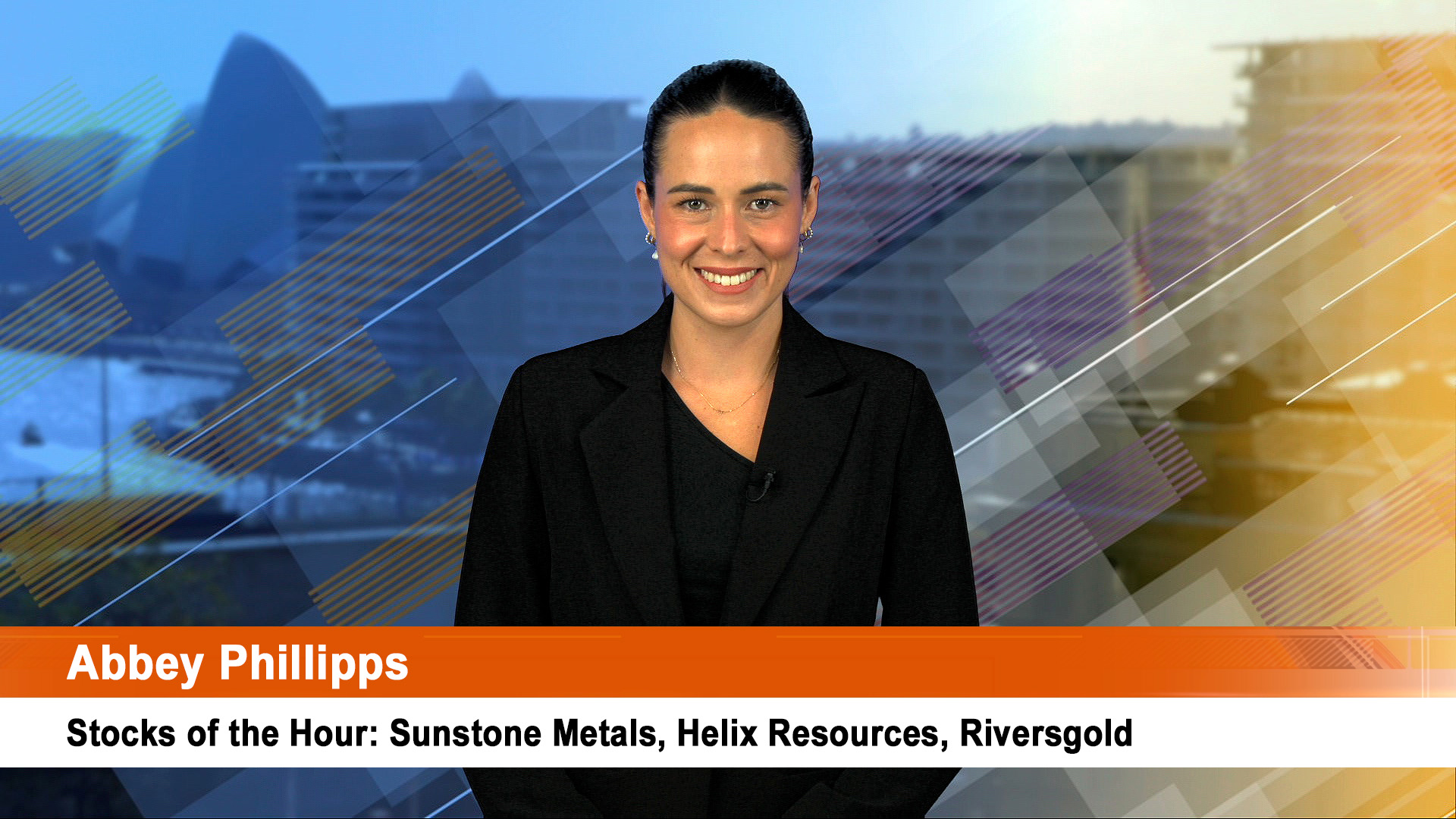More positive news from the economy, with business conditions and confidence still solid.
The NAB said its main business conditions index climbed 3 points in February, to 8 points, while confidence held steady at 3 points, which is around its long term average.And the deputy governor of the Reserve bank, Phil Lowe was upbeat on the outlook as well in a speech in Adelaide yesterday.
The NAB survey showed service companies were the most upbeat on conditions, reporting improvements in trade, profit and employment during the month.
The NAB said forward indicators were also positive, with capacity utilisation hitting a four-year high and investment intentions strong.
Weak industries such as mining and wholesale bounced back after sharp declines in January. Mining saw an upturn in commodity prices in the month.
"The Australian economy appears to be performing better than many had expected, and this month’s business survey gives no signs that this is wavering," the bank said.
"Despite the lift in conditions and some apparent respite in financial markets, business confidence simply held steady at the subdued – albeit positive – levels seen in recent months.
"Across industries, confidence remains quite mixed, although all but two – mining and wholesale – were positive," NAB said.
“Another above-average outcome for business conditions is a great result in the current global environment, according to the nAB’s chief economist, Alan Oster. “it confirms that low interest rates and a more competitive AUD are clearly having the desired effect.”
The NAB also noted that that the still weak levels of business confidence, there was a strong upturn in reported capital expenditure by firms in the survey. This, together with strong profits and falls in spare capacity, suggest that prospects for business spending and employment are improving, the bank said yesterday.
“Business investment is critical to future economic growth, so we are constantly looking for signs that non-mining investment is starting to fill the void left by mining projects. We are finally starting to see signs of that happening” Mr Oster said yesterday.
"In light of today’s survey results, we have not changed our view of the Australian economy outlook – and especially continuing non-mining strength. That means monetary policy should remain on hold for an extended period (rather than the market expectation for another cut by year end),” the bank said.
"However, much still depends on global uncertainties and whether global contagion ultimately weakens momentum in the domestic non-mining sector – and hence unemployment. AUD strength is another risk.
Mr Low told his audience in Adelaide that the economy is successfully rebalancing after the mining investment boom, and low inflation means there is still scope for further rate cuts if needed, a top central bank official said on Tuesday.
He pointed to a range of promising indicators including business surveys and last week’s gross domestic product figures showing the economy grew a surprisingly brisk 3% over 2015.
"While none of these indicators suggests that we are on the cusp of a return to the type of growth rates we saw before 2008, they do suggest that the economy is successfully rebalancing following the mining investment boom," said Lowe.
He reiterated the RBA’s standard line that low inflation provided scope for a cut in the 2 per cent cash rate "should that be appropriate in supporting demand."
“An important factor here will be whether the growth in aggregate demand continues to be sufficient to accommodate the growth in our labour force," he said.
Mr Lowe also noted the past fall in the local dollar was helping a range of industries from tourism to education. That has in turn seen strong employment growth in these industries in the past year.













